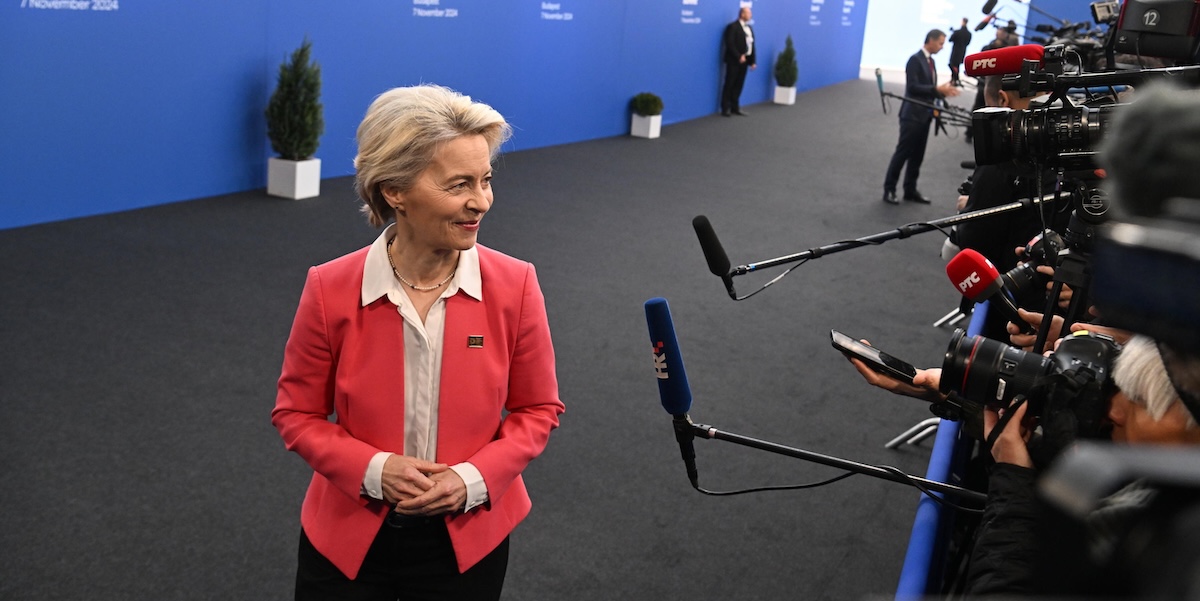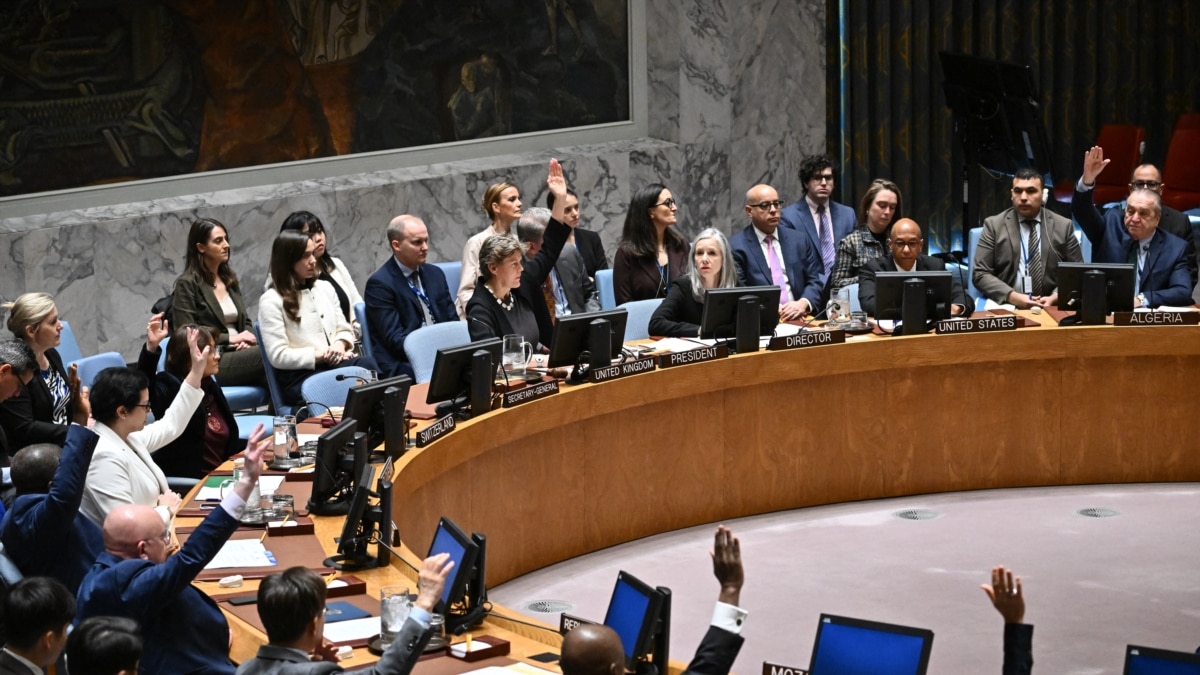Gautam Adani: Behind the Bribery Scandal
Unveil the layers of controversy surrounding Gautam Adani, one of India's leading figures now facing US charges of bribery and fraud in a high-stakes legal battle.
Published November 22, 2024 - 00:11am

Image recovered from arabnews.com
Gautam Adani, a name resonating beyond the business corridors of India, has lately been thrust under the global spotlight following his recent indictment in the United States. The billionaire, renowned for his extensive business empire encompassing coal, airports, media, and renewable energy, finds himself amidst serious allegations of fraud and bribery. Prosecutors in New York have charged Adani alongside several executives, claiming they orchestrated a scheme involving $265 million in bribes to Indian government officials to secure lucrative contracts in the solar energy sector.
At the heart of these charges is a colossal solar power development project in India, expected to bring in $2 billion in profits over two decades. These projects, however, have been mired in controversy not just for their environmental impact but also for the alleged corruption underpinning their procurement. According to the charges brought against them, Adani and his associates, including his nephew Sagar Adani, veiled their fraudulent activities from investors, thereby violating the US Foreign Corrupt Practices Act. The indictment also calls out the involvement of other pivotal figures like the former CEO of Adani Green Energy, Vneet Jaain, and provides details of how these operations were disguised to attract over $3 billion in loans from unsuspecting lenders.
These allegations are not unprecedented. Adani's conglomerate has faced criticisms and challenges before, most notably from the US-based short-selling firm Hindenburg Research, which accused the Adani Group of stock manipulation and accounting fraud in early 2023. Such allegations led to a dramatic drop in market capitalization for Adani's listed companies, a crisis that eroded $150 billion in market value and significantly diminished Adani's net worth. The group dismissed these claims as inaccurate and politically motivated attacks aimed at destabilizing India's business landscape.
Despite the turmoil, Adani's relationship with India's political elite, including Prime Minister Narendra Modi, is cited as symbiotic. Observers have pointed toward Adani's strategic investments in sectors aligning with government priorities, such as renewable energy and national infrastructure projects. This alliance has sparked debates on the thin line between political influence and business operations, raising critical questions about governance and accountability within India's corporate sphere.
The repercussions of this scandal extend beyond financial implications, rattling investor confidence and stirring concerns about transparency in international investments. The swift drop in Adani Group's stock prices indicates the immediate financial fallout, while further scrutiny looms over the conglomerate's future prospects. Furthermore, GQG Partners, a major Australian investment firm in the Adani wheelhouse, saw its stock plunge, reflecting the widespread impact of Adani's legal troubles across borders.
The US legal charges have also reignited public discourse on corporate governance and regulatory oversight in India. Critics argue that the Adani scandal highlights the systemic vulnerabilities and suggests a need for reinforced legal frameworks to curb malpractice in business dealings. Supporters, meanwhile, argue that the Adani Group's contributions to India's economy, especially through job creation and infrastructure development, underscore the importance of differentiating allegations from proven misconduct.
As the international community watches closely, the unfolding legal saga could redefine not only Adani's business trajectory but also influence broader policy discussions around corporate ethics and international trade practices. This case serves as a quintessential example of the challenges faced by emerging markets dealing with powerful domestic businesses deemed too entwined with political structures to be tampered with lightly.
The implications for Adani and his team remain uncertain as legal proceedings continue. However, the ripple effects have already made an indelible mark, inspiring investors and regulators alike to advocate for greater transparency and ethical governance in business operations. The outcome could set precursors for how mega-conglomerates handle governance challenges, prompting conversations about trust, accountability, and corporate responsibility in a rapidly evolving global economy.






